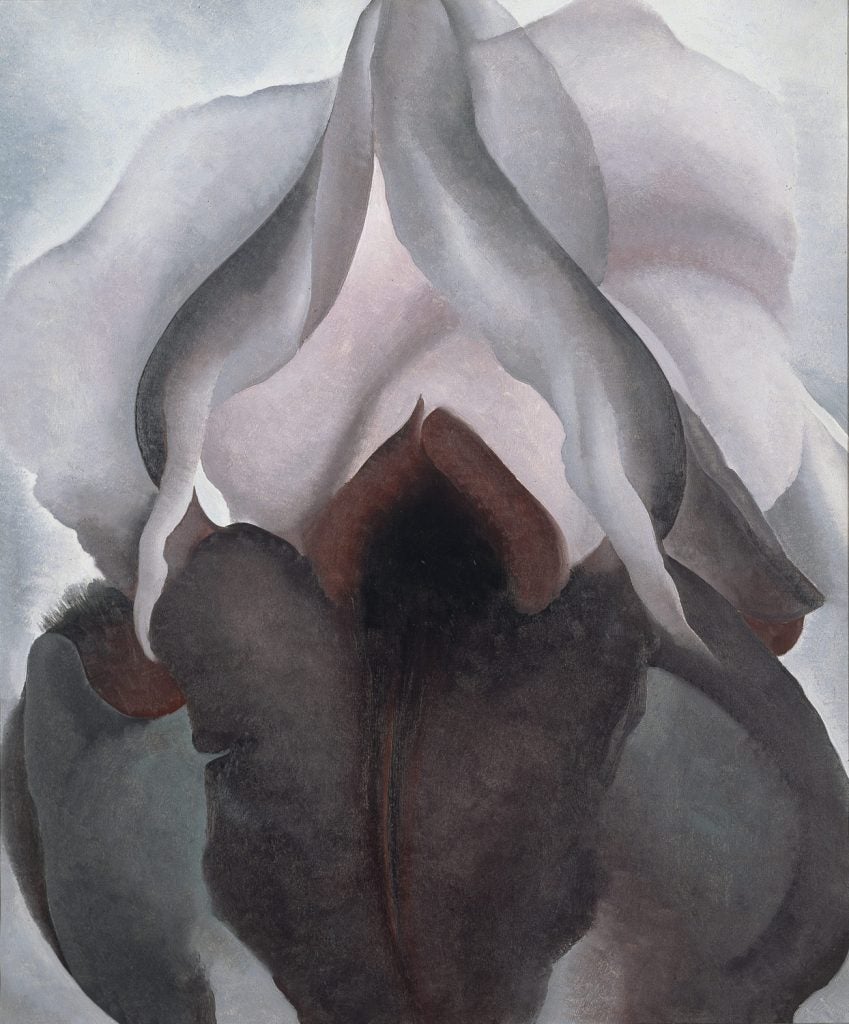The Only Question Left To Be Settled Now
In 1872, Susan B. Anthony cast a ballot in the presidential election in which Ulysses S. Grant would win his second term in office. Nearly half a century before women would actually get the right to vote in this country, this was of course an illegal act, and one for which Anthony was ultimately arrested and tried.
The Only Question Left To Be Settled Now Read More »
In 1872, Susan B. Anthony cast a ballot in the presidential election in which Ulysses S. Grant would win his second term in office. Nearly half a century before women would actually get the right to vote in this country, this was of course an illegal act, and one for which Anthony was ultimately arrested and tried.






